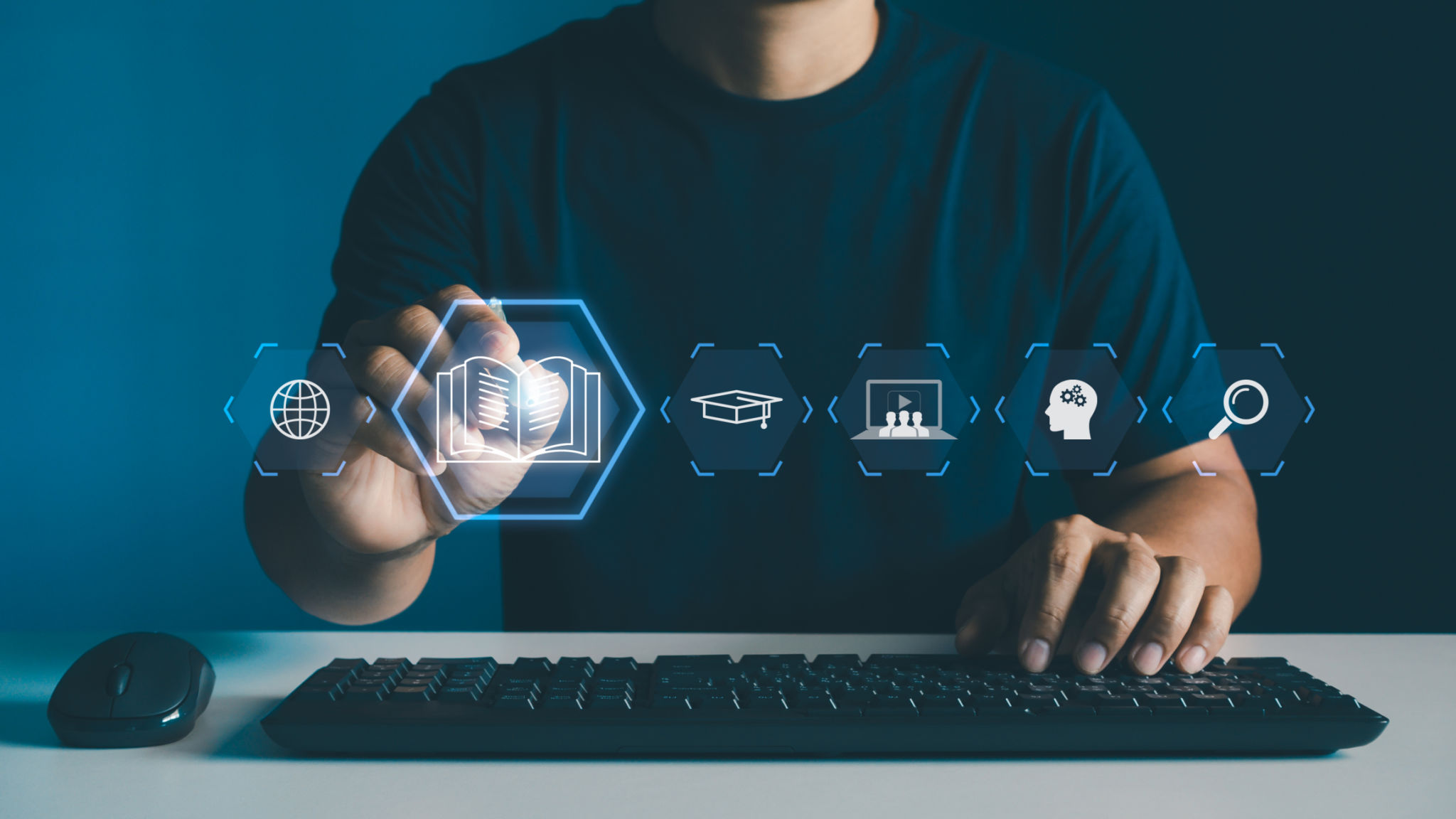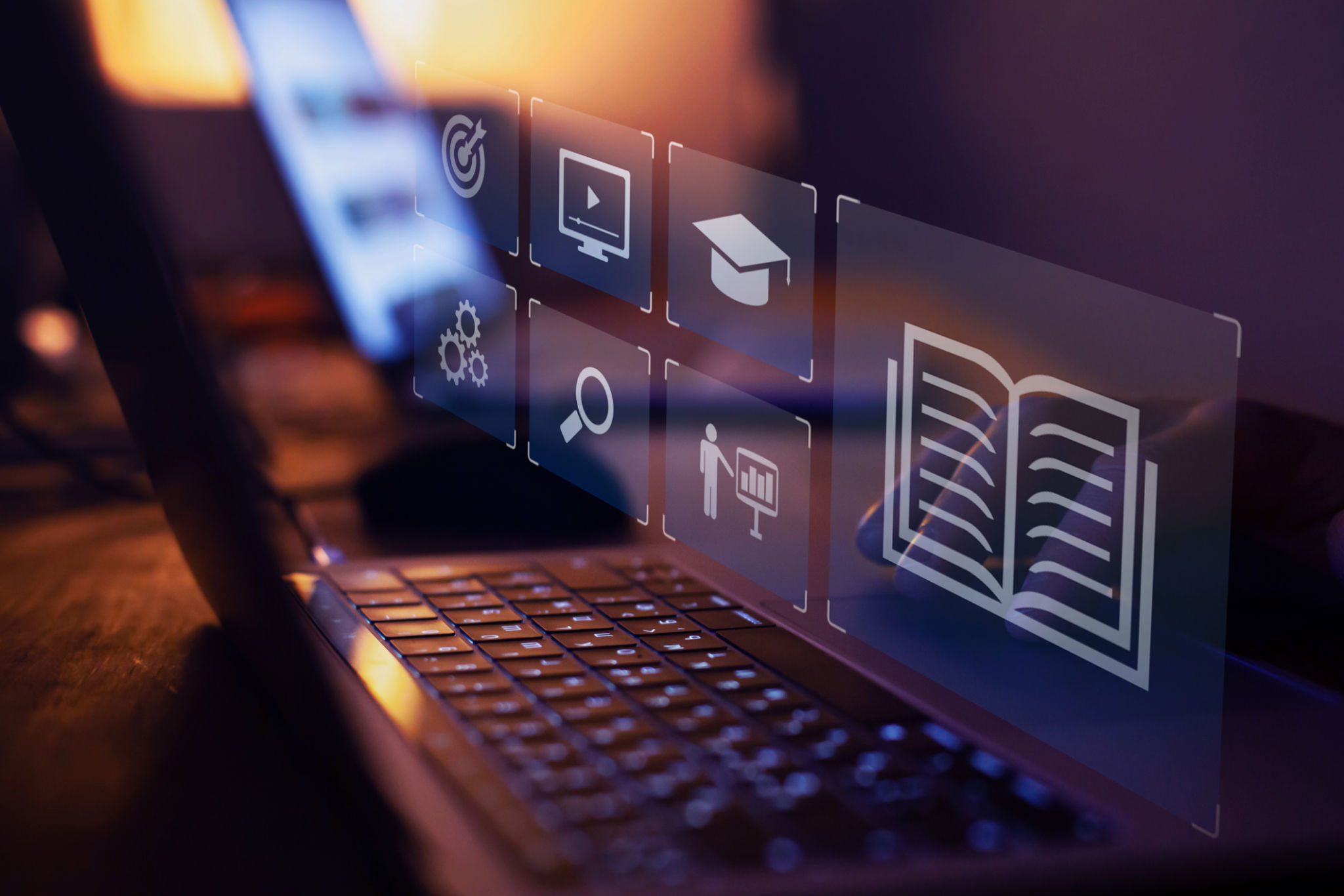Personalized Learning with AI: Innovations in Education
PW
Revolutionizing Education Through Personalized Learning with AI
The advent of artificial intelligence in education marks a transformative era where learning is tailored to individual needs. Personalized learning with AI harnesses cutting-edge technology to address the unique strengths and weaknesses of each student, fostering an environment where education is more accessible and effective than ever before.

Understanding Personalized Learning
Personalized learning is an educational approach that seeks to customize learning experiences based on individual student needs. It involves adapting curriculum, teaching methods, and pace to align with each student's learning style and capabilities. AI plays a pivotal role in this paradigm shift by providing tools that can analyze student data and deliver customized learning paths.
AI-driven personalized learning systems utilize algorithms to assess a student's performance and recommend resources that cater to their specific learning requirements. This method ensures that students receive support exactly when they need it, thereby enhancing their overall learning experience.
The Role of AI in Personalized Learning
Artificial intelligence contributes significantly to creating personalized learning environments through various innovations:
- Adaptive Learning Technologies: AI systems can adapt content and assessments in real-time based on student interactions, ensuring they are neither too easy nor too challenging.
- Intelligent Tutoring Systems: These systems provide one-on-one tutoring to students, offering instant feedback and guidance tailored to individual learning patterns.
- Data-Driven Insights: AI analyzes vast amounts of data to uncover insights about student progress, helping educators make informed decisions about instructional strategies.

Benefits of AI-Driven Personalized Learning
The integration of AI in personalized learning offers several benefits that enhance the educational landscape:
- Increased Engagement: By receiving content that matches their interests and abilities, students are more likely to stay engaged and motivated.
- Improved Learning Outcomes: Tailored instruction helps students grasp concepts more effectively, leading to better academic performance.
- Efficient Resource Allocation: Educators can use AI insights to allocate resources strategically, focusing on areas where students need the most help.
The ability of AI to identify patterns and predict learning outcomes enables educators to support students proactively, reducing achievement gaps and promoting equity in education.
Challenges and Considerations
Despite its advantages, implementing AI in personalized learning poses certain challenges. Privacy concerns regarding student data are paramount, necessitating robust data protection measures. Additionally, the effectiveness of AI systems relies heavily on the quality of data they are trained on, which requires ongoing refinement and validation.

Moreover, there is a need for educators to receive adequate training to effectively integrate AI tools into their teaching practices. Ensuring that these technologies are accessible to all schools, regardless of their financial standing, is crucial to avoid widening the digital divide.
The Future of Personalized Learning with AI
The future of personalized learning with AI holds immense potential for transforming education. As technology continues to advance, AI systems will become increasingly sophisticated, offering more nuanced personalization and support. The integration of virtual reality and augmented reality into AI-driven learning platforms could further enhance engagement and experiential learning.
In conclusion, while challenges remain, the promise of personalized learning with AI is undeniable. By continuing to innovate and address these challenges, educators and technologists can work together to create a future where every student has the opportunity to thrive through a truly personalized educational experience.